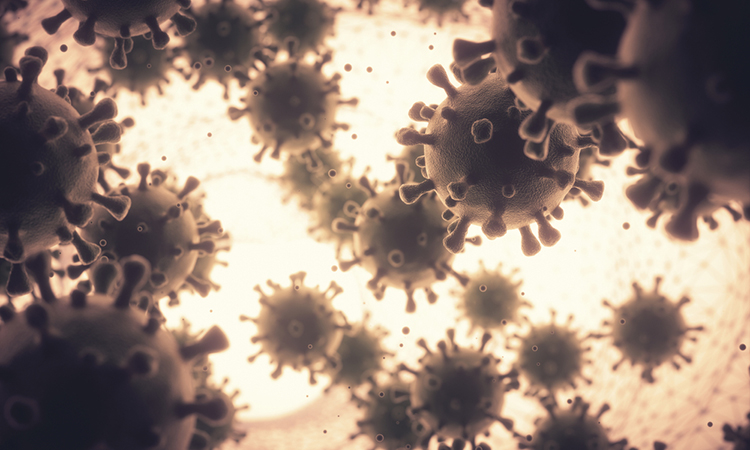Molecular technique could provide key for SARS-CoV-2 drug discovery
Posted: 22 March 2021 | Victoria Rees (Drug Target Review) | No comments yet
Researchers are using a new method to isolate the complex between SARS-CoV-2 and the ACE2 receptor to keep it embedded in the cell membrane.


Researchers are working to isolate and extract the COVID-19 encounter complex in a form that is stable enough for identification of target sites for future SARS-CoV-2 antiviral drugs. The study is being conducted at the University of Birmingham, UK.
The encounter complex is formed when the SARS-CoV-2 Spike (S) protein latches onto a binding site on an angiotensin converting enzyme (ACE2) receptor, which is a complex protein embedded in cell membranes in the lungs and cells that line the nose and airways.
Although it was first isolated last year, the team say that the methods used involved full extraction of ACE2 receptors from cell membranes. This removal of the membrane’s supportive structure affects the stability of the receptor, which makes it difficult to study its structure and function.
In their study, the researchers are using polymer-based molecular ‘cookie cutters’ to isolate the complex and keep it embedded in the cell membrane, preserving the full structure of the molecule in its original context and in a stable form. The polymers are called Styrene Maleic Anhydrides (SMAs) and the resulting structure is known as an SMA lipid particle (SMALP) as it includes lipids from the cell membranes.
The researchers believe this is the first ever COVID-19 encounter complex with an intact membrane. This initial project also aims to characterise the complex with a view to publishing its structure.
Dr Bart Verbraeken, Business Unit Manager Orbiscope, which provided the SMAs used in the study, said: “Beyond COVID-19, we believe SMAs have huge potential to unblock constrictions in the drug pipeline, by enabling studies of receptors in their native environments that will define drug targets more precisely than ever before.”
Related topics
Disease research, Drug Discovery, Molecular Targets, Structural biology
Related conditions
Covid-19
Related organisations
Orbiscope, University of Birmingham
Related people
Dr Bart Verbraeken



